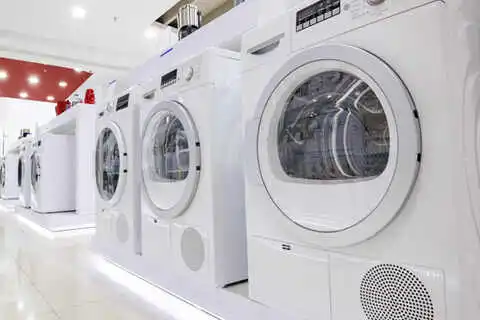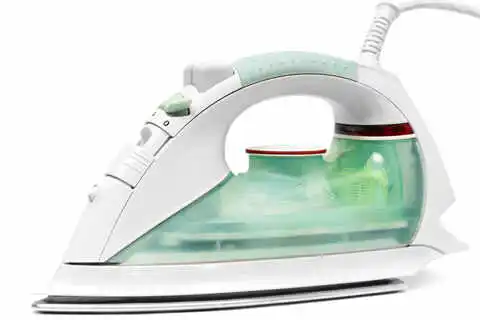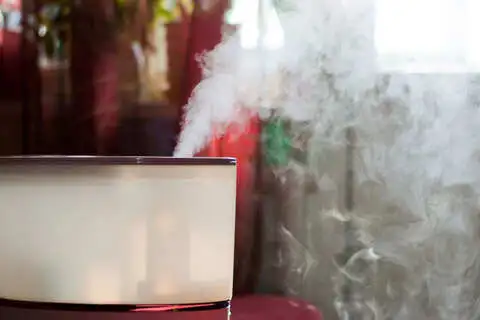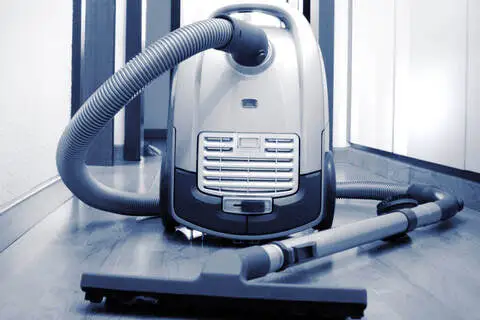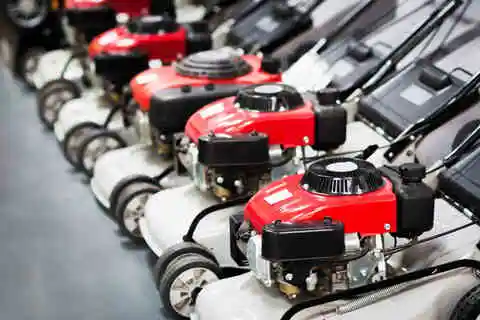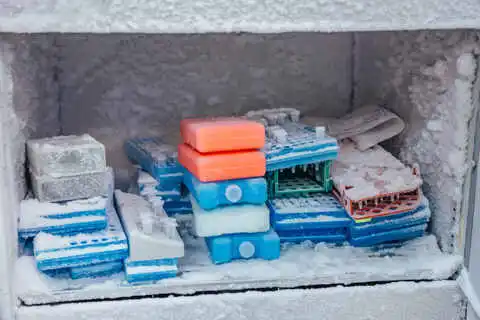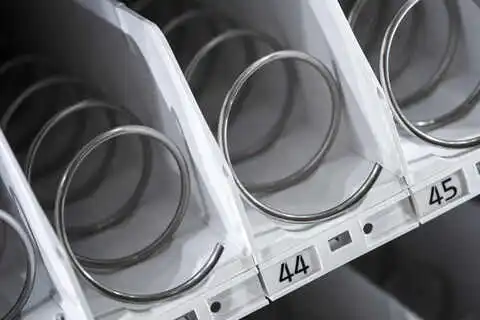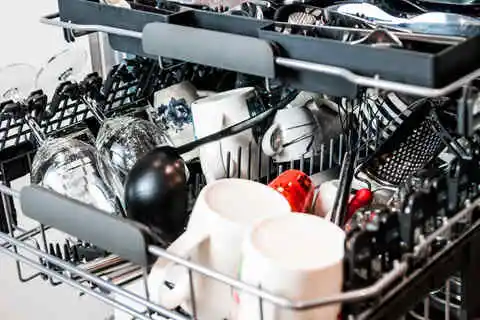
Kitchen Machines, Cooking, and Dishwashers
Standards for machines involved in cooking, dishwashing, and other kitchen duties and activities are developed by IEC. The numerous standards address safety concerns and technical requirements in a number of kitchen machines, including, but not limited to, dishwashers, cookers, fryers, blenders, food mixers and processors, and so on. These standards address safety concerns and technical requirements for kitchen machines used in a commercial and household setting. The misuse of kitchen machines can result in various hazards and injuries, including cuts, severe burns, explosions, and etc. These hazards and injuries could lead to the destruction of personal property, casualties, as well as legal disputes.
